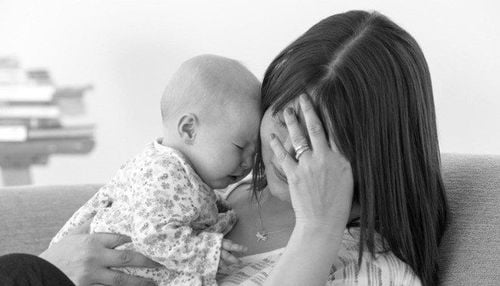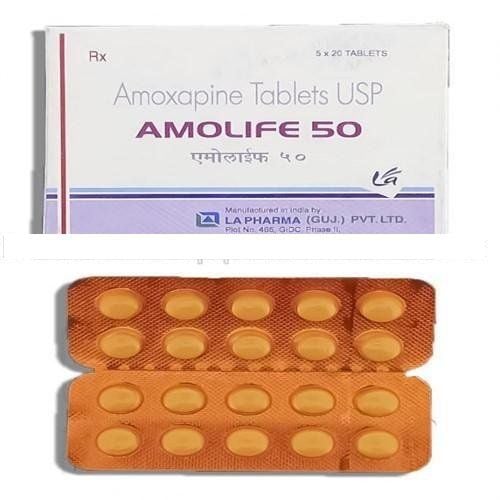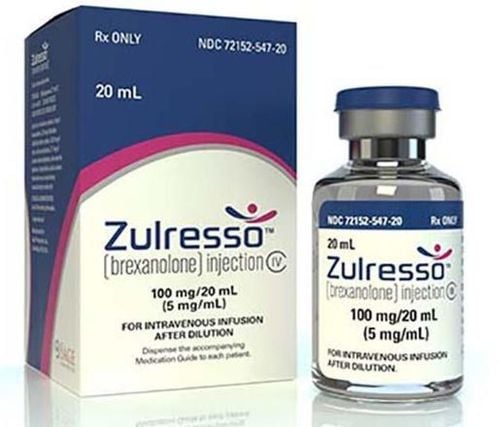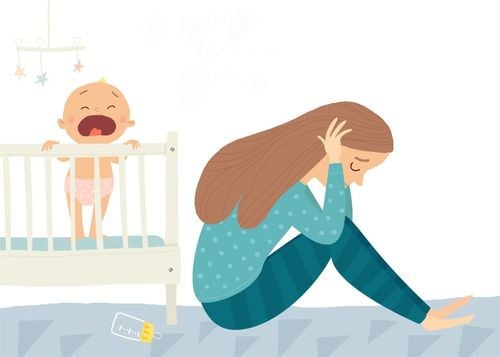This is an automatically translated article.
Video content is professionally consulted by MSc, BS. Dang Thi Thanh Tung, High-Tech Unit for Treatment of Cerebral Palsy and Autism, Vinmec Times City International Hospital
Postpartum depression is one of the reasons for the increase in the number of suicides in Vietnam. It is estimated that each year tens of thousands of people commit suicide due to depression, 2.5 times more than the number of people who die from traffic accidents.
According to statistics, about 85% of women show signs of postpartum depression. Most symptoms of postpartum depression will be transient and relatively mild. However, there are also some cases where it is persistent leading to many serious consequences affecting both mother and child.
To put it simply, postpartum depression is an emotional disturbance, negative thoughts, boredom, fatigue, and anxiety about the mother's problems in life. Postpartum depression can be mild, moderate or severe, even causing the patient to commit suicide if not promptly intervened.
In fact, women with postpartum depression will have more severe symptoms if they have financial difficulties or take care of the baby after giving birth, family conflicts... Especially, if in the family If someone has had postpartum depression, the risk is higher.
Some postpartum depression symptoms need to pay attention to include:
Frequent headaches, stomach pain, fatigue, muscle aches, mental decline; Eating very little or eating unusually or not feeling well are also common signs of postpartum depression; Avoiding, afraid to contact relatives and friends; Do not want to be close and contact with the child; Tormented by not being able to be a mother, unable to nurture and protect children; Frequent thoughts of self-harm and harm to children; Loss of appetite and rapid weight loss; Bored, hopeless, empty, always feeling pressured about everything without knowing the cause; Fear and anxiety are manifestations of postpartum depression; Irritability, restlessness, depression; Insomnia or sleeping too much, waking up easily while sleeping, not sleeping deeply; Easily angry, short-tempered, out of control. Or have outbursts of anger (screaming, shouting, smashing things); Inability to concentrate, forgetfulness and difficulty making decisions; No more hobbies like the old days, not taking care of yourself. Currently, many people still overlook depression after giving birth, only when they really experience it do they understand that this disease has a terrible impact on health and life. For the mother herself, postpartum depression can lead to malnutrition, weight loss, nervous breakdowns, paranoid thoughts, and easily lead to dangerous behavior and self-harm. Dear. When a woman with postpartum depression will not have enough mind to take care of her family and newborn baby well, the family will therefore not be happy. In fact, there are many heartbreaking cases that happen when women suffer from depression after giving birth.
Please dial HOTLINE for more information or register for an appointment HERE. Download MyVinmec app to make appointments faster and to manage your bookings easily.














